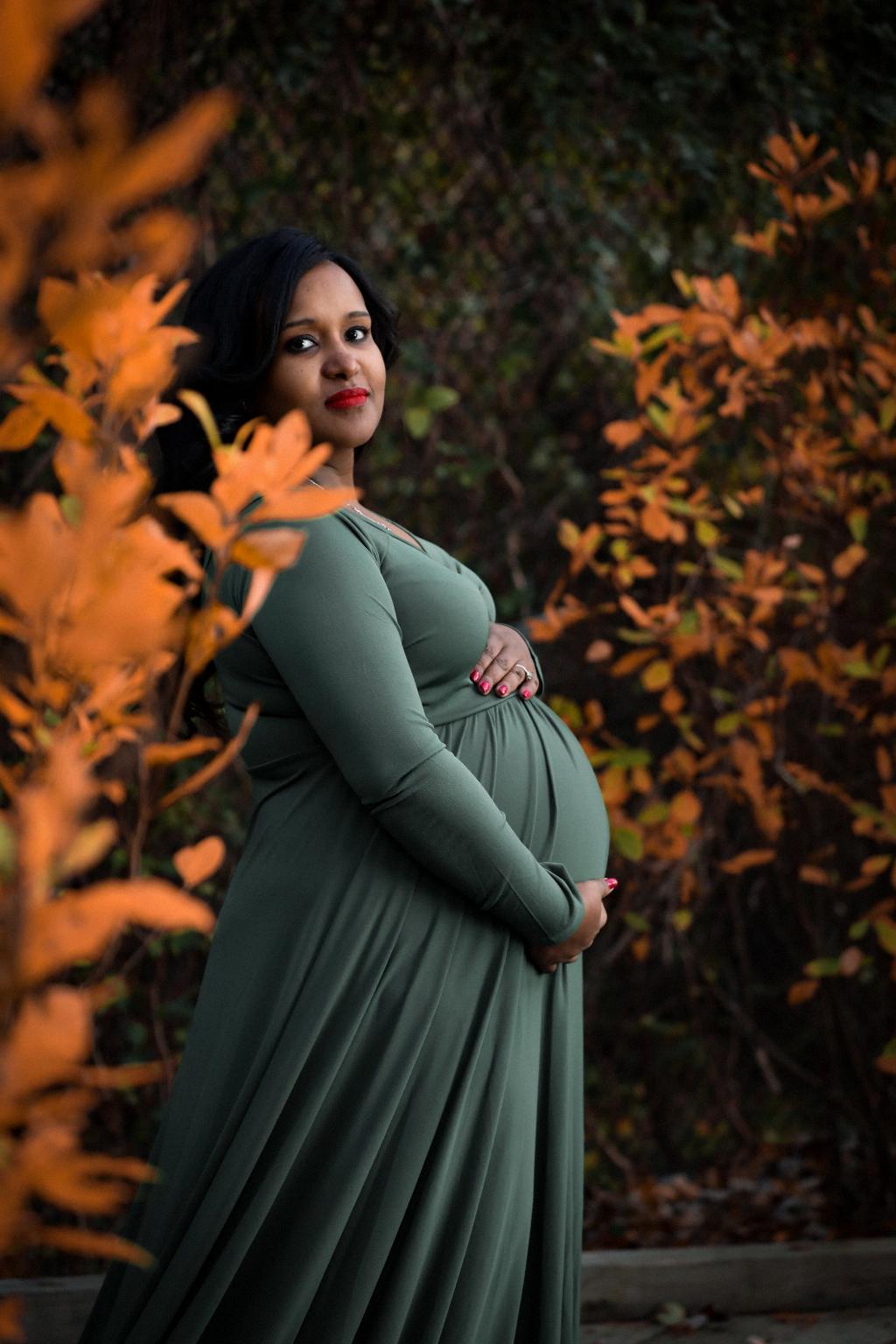As you enter your 33rd week of pregnancy, your body is going through a myriad of changes as it prepares for the arrival of your little one. One common symptom that many women experience around this time is frequent urination. This is often caused by your growing baby putting pressure on your bladder, making you feel like you need to pee more often than usual.
Along with frequent urination, you may also notice that your baby is moving lower in your abdomen, which can sometimes result in discomfort or aching in your pelvic area. This is completely normal as your baby continues to grow and adjust position in preparation for birth.
At 33 weeks pregnant, you may also be experiencing increased fatigue. Growing a baby is hard work, and your body is expending a significant amount of energy to support your developing baby. It’s important to listen to your body and rest when you need to, even if that means taking short naps throughout the day.
Some women also report feeling increased back pain around this stage of pregnancy. The added weight of your growing baby can put strain on your back muscles, leading to discomfort and achiness. Gentle exercises, such as prenatal yoga or stretching, can help alleviate some of this discomfort.
Many expectant mothers may notice swelling in their ankles, feet, and hands at 33 weeks pregnant. This is often due to water retention, which is a common side effect of pregnancy. To reduce swelling, try elevating your feet when possible and avoid standing for long periods of time.
As your due date approaches, you may also be feeling a mix of excitement and anxiety. It’s completely normal to have a wide range of emotions during this time as you prepare to welcome a new addition to your family. Remember to take time for yourself and practice self-care to help manage your emotions.
Another common symptom at 33 weeks pregnant is heartburn. The hormonal changes in your body can relax the valve between your stomach and esophagus, leading to stomach acid flowing back up into your esophagus and causing that uncomfortable burning sensation. Eating smaller, more frequent meals and avoiding trigger foods can help alleviate this symptom.
Some expectant mothers may also be experiencing shortness of breath at 33 weeks pregnant. As your baby continues to grow, your lungs have less room to expand, which can make it feel like you’re not getting enough air. Taking slow, deep breaths and practicing good posture can help improve your breathing.
It’s important to remember that every pregnancy is different, and not all women will experience the same symptoms at 33 weeks pregnant. If you have any concerns or are experiencing severe discomfort, be sure to contact your healthcare provider for guidance and support.
In conclusion, at 33 weeks pregnant, it’s common to experience a range of symptoms including frequent urination, lower abdominal discomfort, increased fatigue, back pain, swelling, emotional fluctuations, heartburn, and shortness of breath. Remember to take care of yourself, listen to your body, and reach out to your healthcare provider if you have any concerns.

